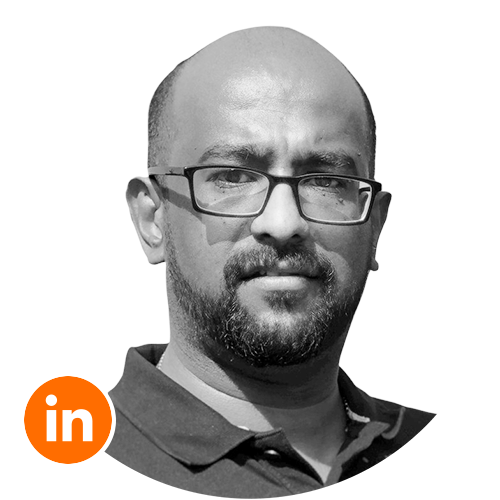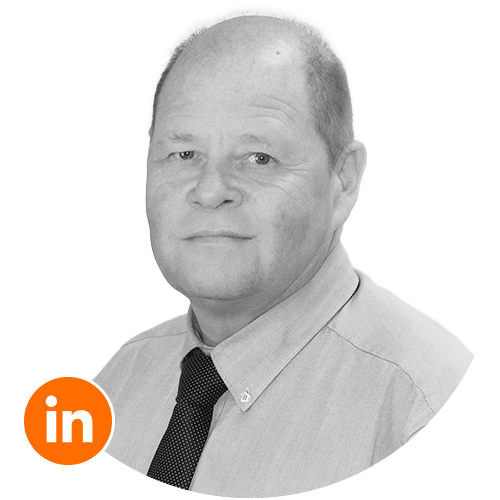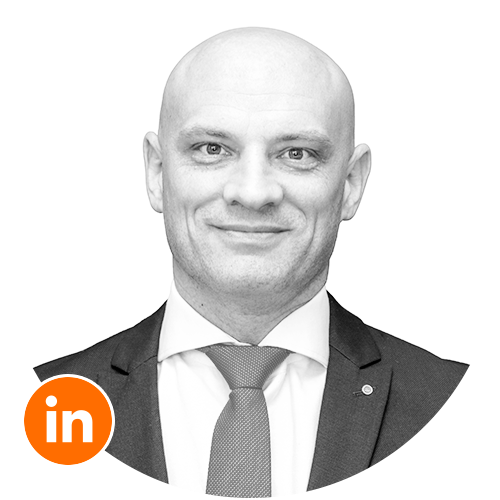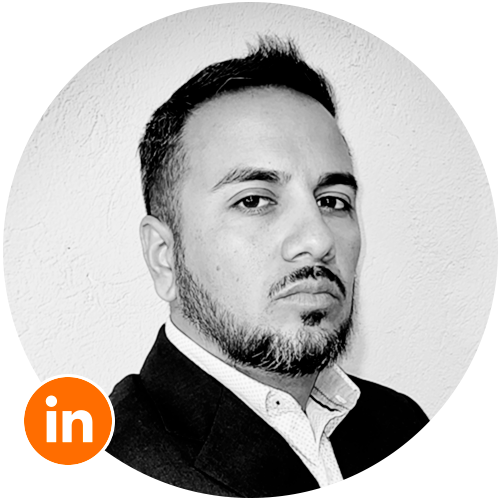Water situation: Our colleagues report in various places across the globe.
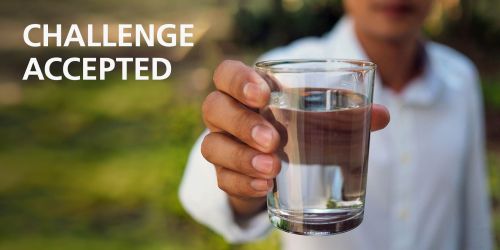
ifm supports worldwide efforts for responsible water management.
Conditions may vary, but the challenges and objectives remain the same: Water shortage is a global matter that society needs to address. In many locations, one of several prerequisites for providing everyone with reliable access to drinking water of the best possible quality is to build up the required supply infrastructures, or to modernize existing ones. Further, water management utilities depend on equally reliable and efficient solutions for water and wastewater treatment. In this respect you can rely on ifm as your automation partner. Any time, any place.
Do you want to know more about water supply challenges throughout the world – and how we provide relevant support in individual countries? Our colleagues report on the local situation in various places across the globe.



